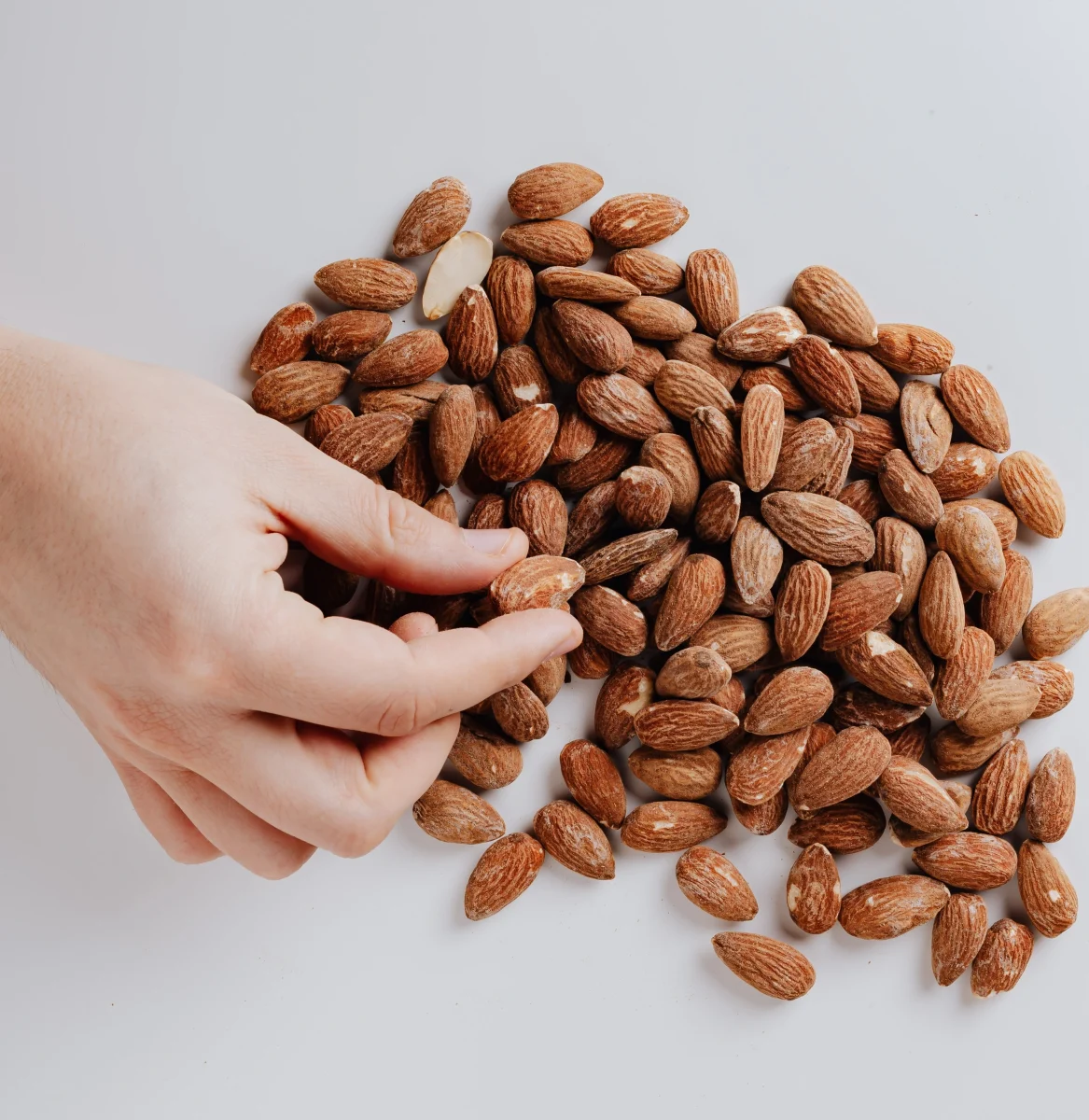The constant evolution of diet standards plagues many students’ lives. Social terms and stereotypes develop, labeling us all in separate categories: Type A or type B? Type A people thrive off of organized schedules and organic produce. Meanwhile, type B prefers spontaneity and a few movie nights with junk food during the week. On the surface, the structure of most students’ lives are pretty similar. However, the labels that define teenagers cut deeper than what one may perceive. Being marked as one thing or another, teens subconsciously become that version of themselves. Diet culture is a common target of this concept. “You are what you eat,” and that’s not far from the truth.
“I’m feeling really weak. I had, like, half an almond,” renowned model and influencer Gigi Hadid said in 2024. Her mother’s response? “Have a couple of almonds, and chew them really well.” That was the beginning of something dangerous—almond mom culture.
Pediatrician Dr. Karla Lester states that an almond mom is a person who is “stuck in diet culture.” Typically, these moms have also grown up under the influence of their overbearing parents, leading to a generational fault for years to come. The almond mom lifestyle consists of strict dieting to maintain a low weight. These mothers suffer consequences of this diet, leading to health problems like becoming underweight and having a lack of necessary vitamins. Alongside the mothers experiencing these effects, so do their children.
The almond mom lifestyle is far from healthy. Despite the negative effects, social media has helped normalize the stereotype and spread the behavior. Trends range from TikToks with a caption of “What I eat in a day as an almond mom?” or posts on Instagram of grocery hauls, and even Pinterest collages glamorizing the aesthetic of the almond lifestyle. With the constant attention and consumption of media, dangerous lifestyles and dietary habits are set to increase throughout the world.
The Parents forum, a website where parents across the globe gather to discuss parenting exercises and their own experiences, explains how verbal comments are not the only poor influence on the children of almond mothers. The forum states, “The direct modeling of the dietary restrictions causes a larger impact.”
Research suggests that while a child’s actions and development are not entirely dependent on their mothers and fathers, parenting styles can have damaging effects on their children like a child’s academics, mental health, and self-esteem.
To put it simply, almond mom parenting has been found to contribute to body dysmorphia, poor mental health, and an unhealthy physical well-being. Though the almond mom lifestyle aims for low weights and healthy meals, it can still be a source of eating disorders.
Although social media influences the spread of unhealthy diet cultures, it’s vital to understand the consequences of what is being directed towards teenagers. Whether someone has an almond mom, or is a parent demonstrating this lifestyle, it’s important to avoid toxic diet cultures and find healthy influences. Research should never be undermined and is key to the safety of everyone’s wellbeing.





















